Alternatives to dominant digital services
Filter resources
-
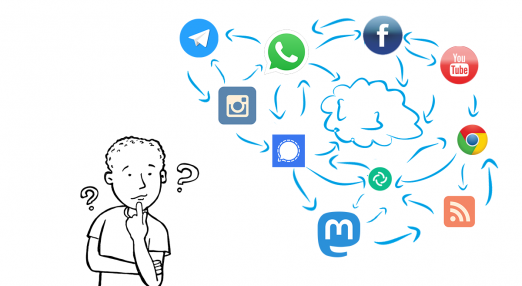
How the Parliament stakes out its DSA position
With three European Parliament positions on the Digital Services Act coming up, what will it mean for people's rights in the digital world?
Read more
-

Consumer and citizen groups continue to have serious concerns about Google Fitbit takeover
Regulators investigating Google’s takeover of Fitbit are reportedly seeking commitments from Google to allow them to clear this deal. It is widely recognised that this takeover raises serious competition and privacy concerns and risks harming citizens and consumers in several markets including wearables, advertising and digital health.
Read more
-
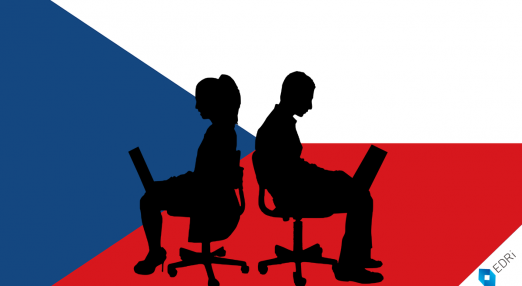
For the “right to analog”: IuRe strengthens the Digital Freedoms program
For almost twenty years, the Czech watchdog Iuridicum Remedium (IuRe) has been fighting for human freedoms in real and digital life. In its Digital Freedoms program, IuRe is currently working on several interlinked digital freedom campaigns that can be found via their new campaigning website.
Read more
-

‘Not On Our Watch’: A public campaign against Google’s jump into our health data
Monopolies, mergers and acquisitions, anti-trust laws. These may seem like tangential or irrelevant issues for privacy and digital rights organisations. But having run our first public petition opposing a big tech merger, we wanted to set out why we think this is an important frontier for people's rights across Europe and indeed across the world.
Read more
-
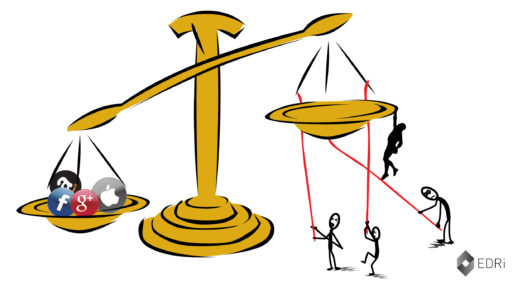
Competition law: Big Tech mergers, a dominance tool
This is the third article in a series dealing with competition law and Big Tech. The aim of the series is to look at what competition law has achieved when it comes to protecting our digital rights, where it has failed to deliver on its promises, and how to remedy this.
Read more
-
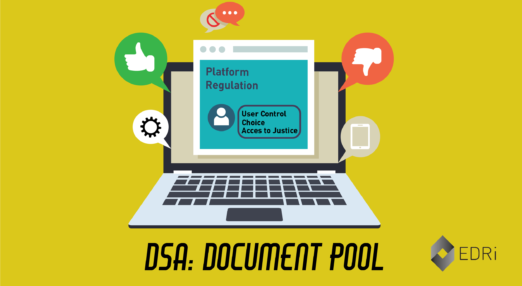
Digital Services Act / Digital Markets Act: Document pool
The DSA-DMA package will affect how intermediaries regulate and influence user activity on their platforms, including people's ability to exercise their rights and freedoms online. It also aims at limiting the abuse of power by very large and gatekeeper platforms.
Read more
-

Everything you need to know about the DSA
We have created a document pool in which we will be listing relevant articles and documents related to the DSA. This will allow you to follow the developments of content moderation and regulatory actions in Europe.
Read more
-
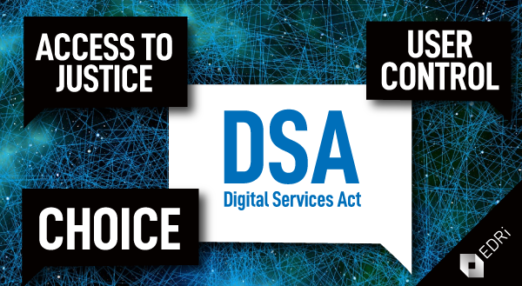
DSA: Platform Regulation Done Right
The DSA is as a unique opportunity to improve the functioning of platforms as public space in our democratic societies, to uphold people’s rights and freedoms, and to shape the internet as an open, safe and accountable infrastructure for everybody.
Read more
-
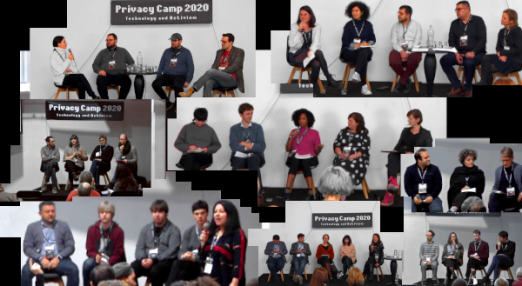
#PrivacyCamp20: Event Summary
The 8th edition of Privacy Camp revolved in 2020 around the topic of Technology and Activism, the schedule being composed of ten sessions in different formats. What were these about? Read below a summary of each discussion, with references to full session recordings.
Read more
-
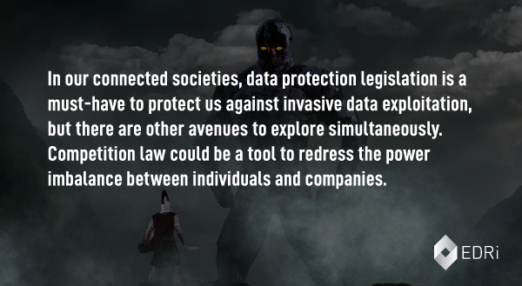
The impact of competition law on your digital rights
This is the first article in a series dealing with competition law and Big Tech. The aim of the series is to look at what competition law has achieved when it comes to protecting our digital rights, where it has failed to deliver on its promises, and how to remedy this. This series will first […]
Read more
-
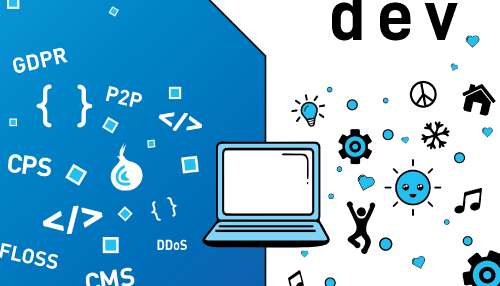
Booklet: #EthicalWebDev – guide for ethical website development and maintenance
We’ve finally published our new guide for ethical website development and maintenance, Ethical Web Dev! Explore the guide here
Read more
-

Regulating online communications: Fix the system, not the symptoms
Our digital information ecosystem fails to deliver the communications landscape needed to sustain our democracies. In a problem analysis, EDRi member Bits of Freedom introduces and disentangles some of the key concepts and issues surrounding the dominant role of platforms and the resulting harms to our freedom of expression.
Read more
